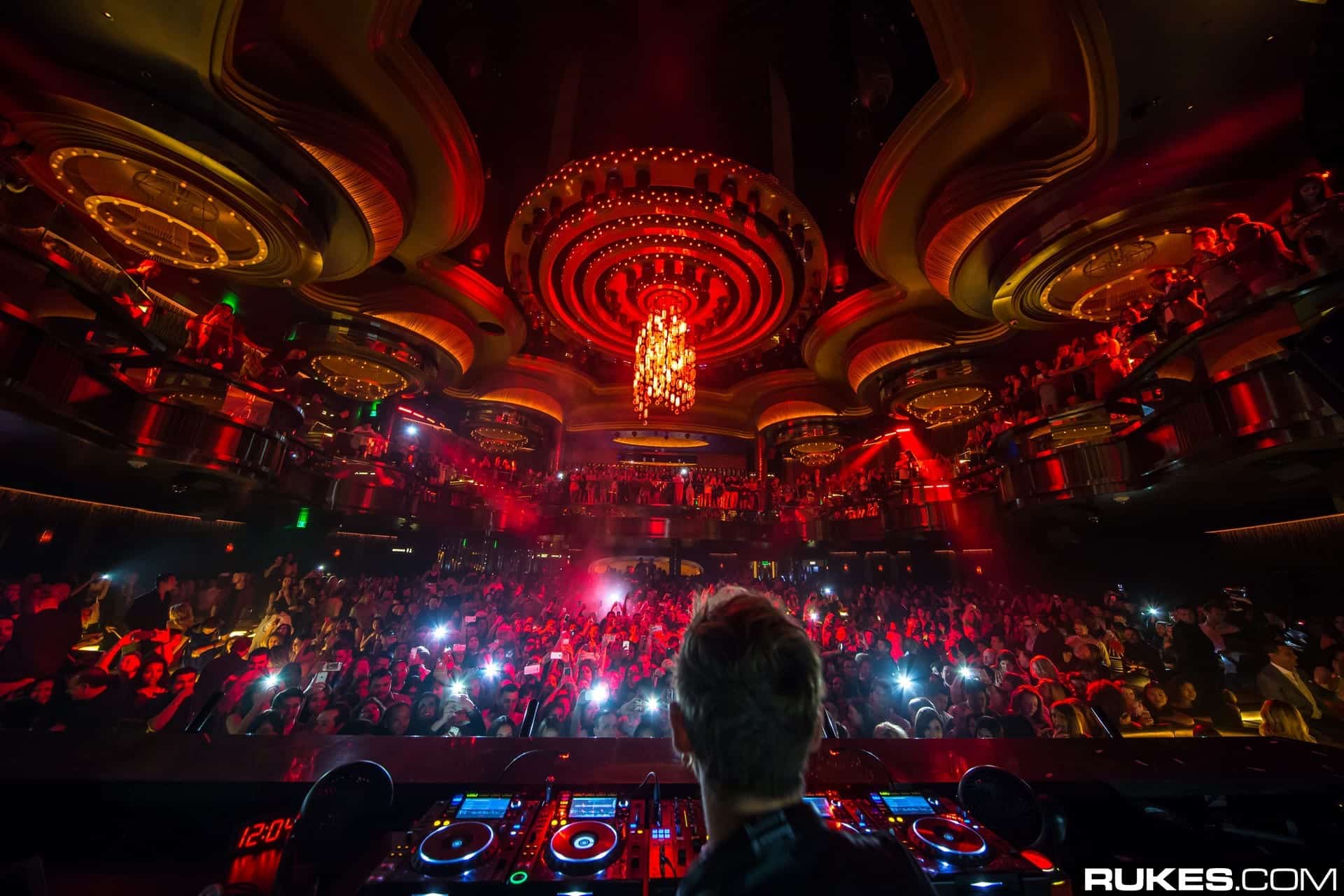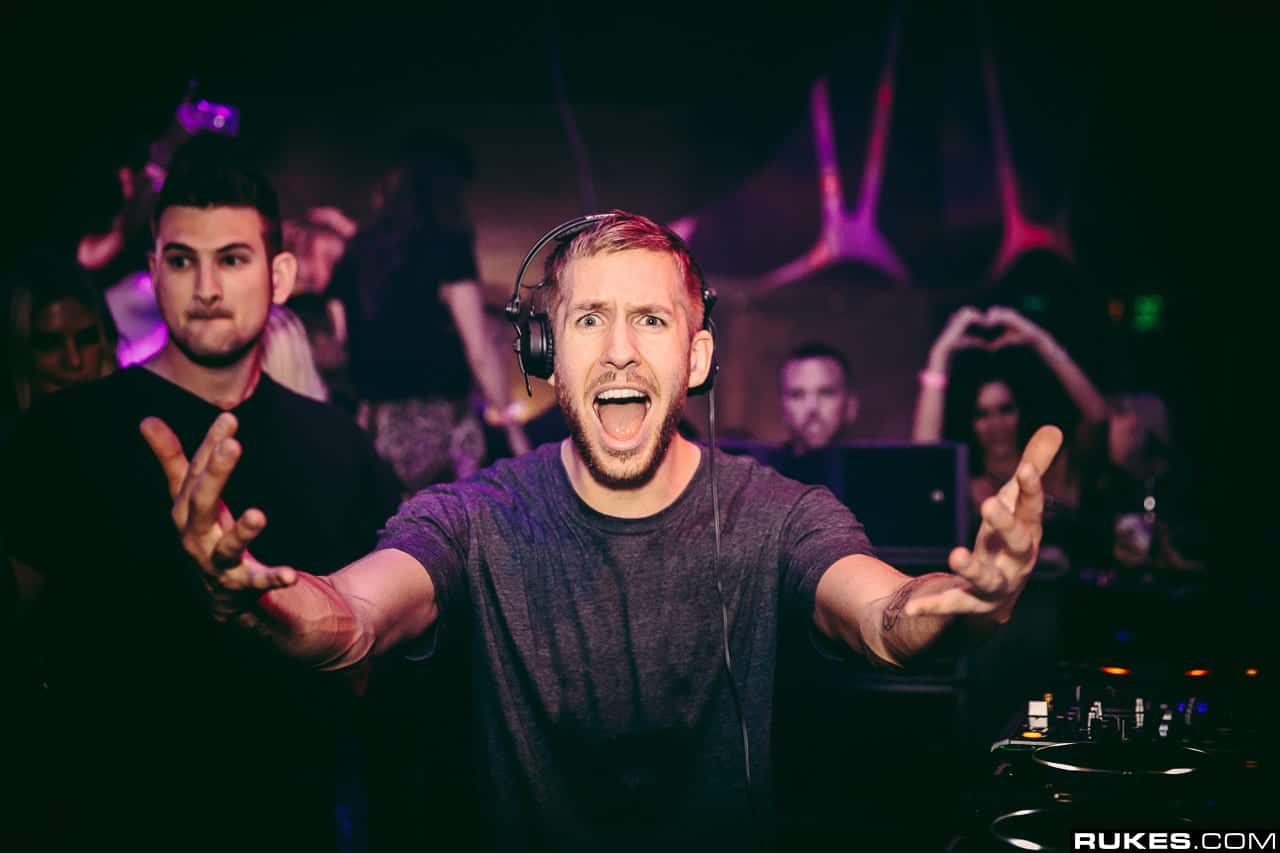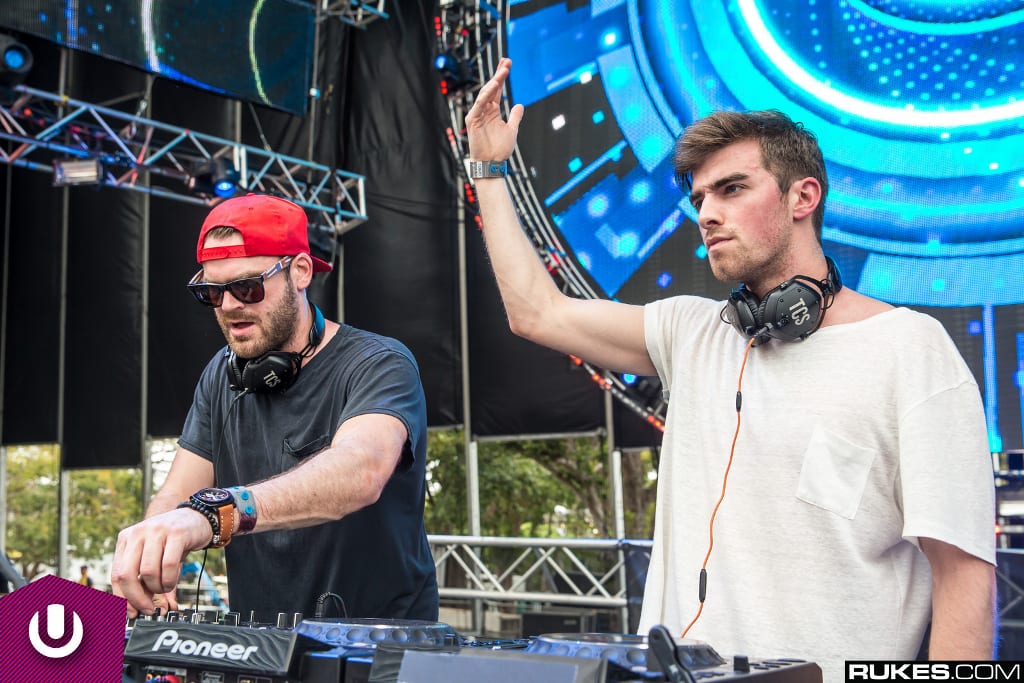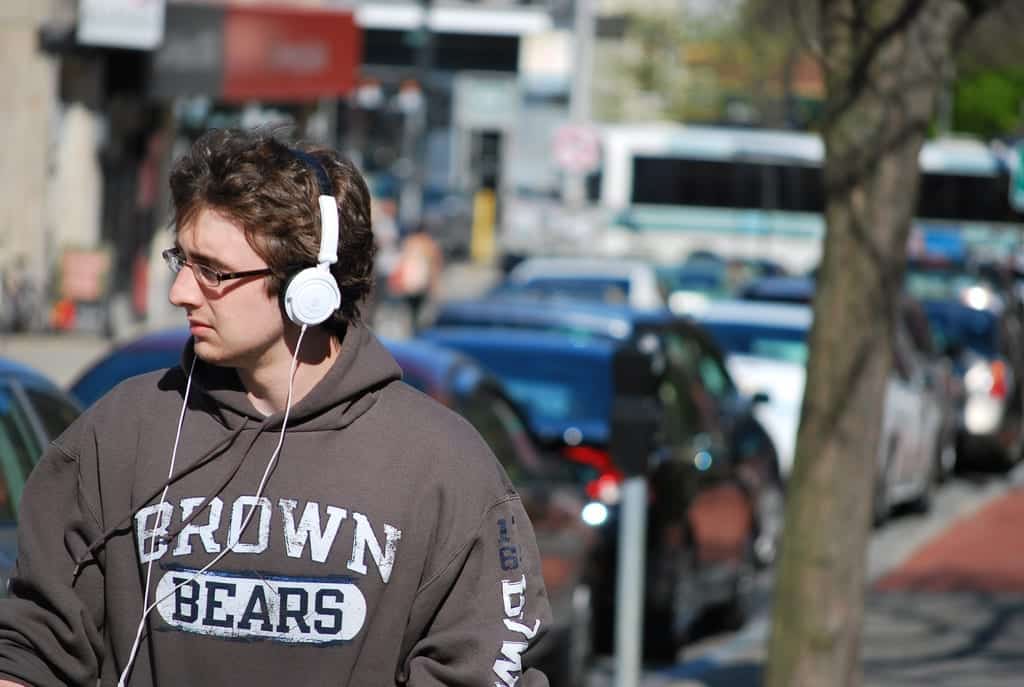We all struggle to find new songs to listen to when it comes down to it. This is not only a problem for listeners, but for artists as well. Upcoming artists need to be discovered, and you need songs to listen to. YouTube has helped circumvent this problem more than most of the websites I have seen via a sidebar of many recommendations, and the fact that YouTube is more entertaining (sometimes) than music websites because it has videos. YouTube has launched YouTube for artists, and will soon offer location data to help artists determine where their fans reside, enabling them to plan their tours more efficiently, in addition to studios and more (discussed below).

Image obtained with thanks from Rukes.
Entrepreneurs’ marketing strategies usually employ search engine optimization (SEO) for products they are selling, articles, and more, but how useful is SEO to artists? SEO is best for textual content, and there isn’t much to write about music, is there? You either like how a song sounds, or you don’t. Therefore, upcoming artists have to try to get people to listen by sending them music or YouTube links. They won’t be able to entice them with advertisements or generate traffic to their websites by making more songs (like writers do with articles), so marketing is particularly difficult for them.
As part of a Sirius XM partnership, YouTube is also going to implement their own version of music charts with the YouTube 15, and EDM 15. These charts will showcase the top trending songs, gaining the artists even more attention. While this is important, tours are among the most significant sources of revenue for many artists. Artists can make more money from tours per person, than they can per song sale. The fan location data YouTube will provide via geotagging will help them to maximize those financially important tours.
Historically, artists have relied heavily on radio and television for recognition. Fortunately, YouTube has already changed that. Beatport and SoundCloud are helping too. The Internet will continue to be one of the greatest (if not the greatest) mediums for artists to promote themselves without those vitally important contacts in the recording industry.













